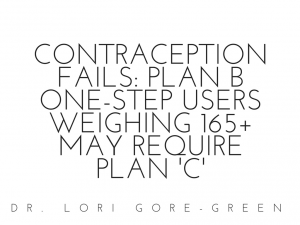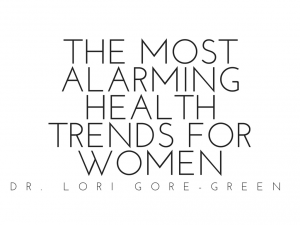The human body is designed to walk, and this most basic human activity can significantly impact your health throughout life. Scientific research supports the benefits of walking in several ways, so it should be on the list as part of every older woman’s health regime to maintain suitable physical, emotional and mental health.
Walking Helps To Maintain Healthy Weight
A daily walk can help you maintain a healthy weight, so you can avoid many of the health problems related to carrying those extra pounds.
Walking Helps to Strengthen Bones
The action and pressure of walking help strengthen bones, reducing the risk for osteoporosis and osteoarthritis, which are common problems in the older population.
Walking Can Lower Blood Pressure
A good walk can also help to relax blood vessels, which will lower your blood pressure in some individuals.
Walking Reduce Your Risk For Heart Disease, Diabetes, and Colon Cancer
Walking helps to keep blood vessels flexible to carry blood and nutrients throughout the body. This improved circulation can help you to avoid cardiovascular disease and other health problems.
Walking Keeps Joints Flexible
Your walking exercise helps to keep your joints supple and healthy. Walking strengthens the muscles that support joints to experience less pressure that can cause damage to the internal joint structures.
Walking Improves Balance and Coordination
Walking requires coordinated movement and balance as you shift your weight. These are essential skills that will help you to avoid dangerous falls that often occur in older individuals.
Walking Improves Your Energy Level
A body in motion tends to remain in action, and you will find a good, daily walk gives you more energy for other tasks throughout the day.
Walking Improves Your Mood
The action of walking gets you outdoors, moving around, seeing what’s going on in the neighborhood, and encountering neighbors and acquaintances along the way, which helps to stimulate the production of “feel-good” brain chemicals that keep you in a better mood.
Health experts recommend at least 30 minutes of walking per day to enjoy this natural exercise’s benefits. Whether you choose to break up your walking workout into smaller periods or extend it out, you will feel better, look better, and enjoy life more.



